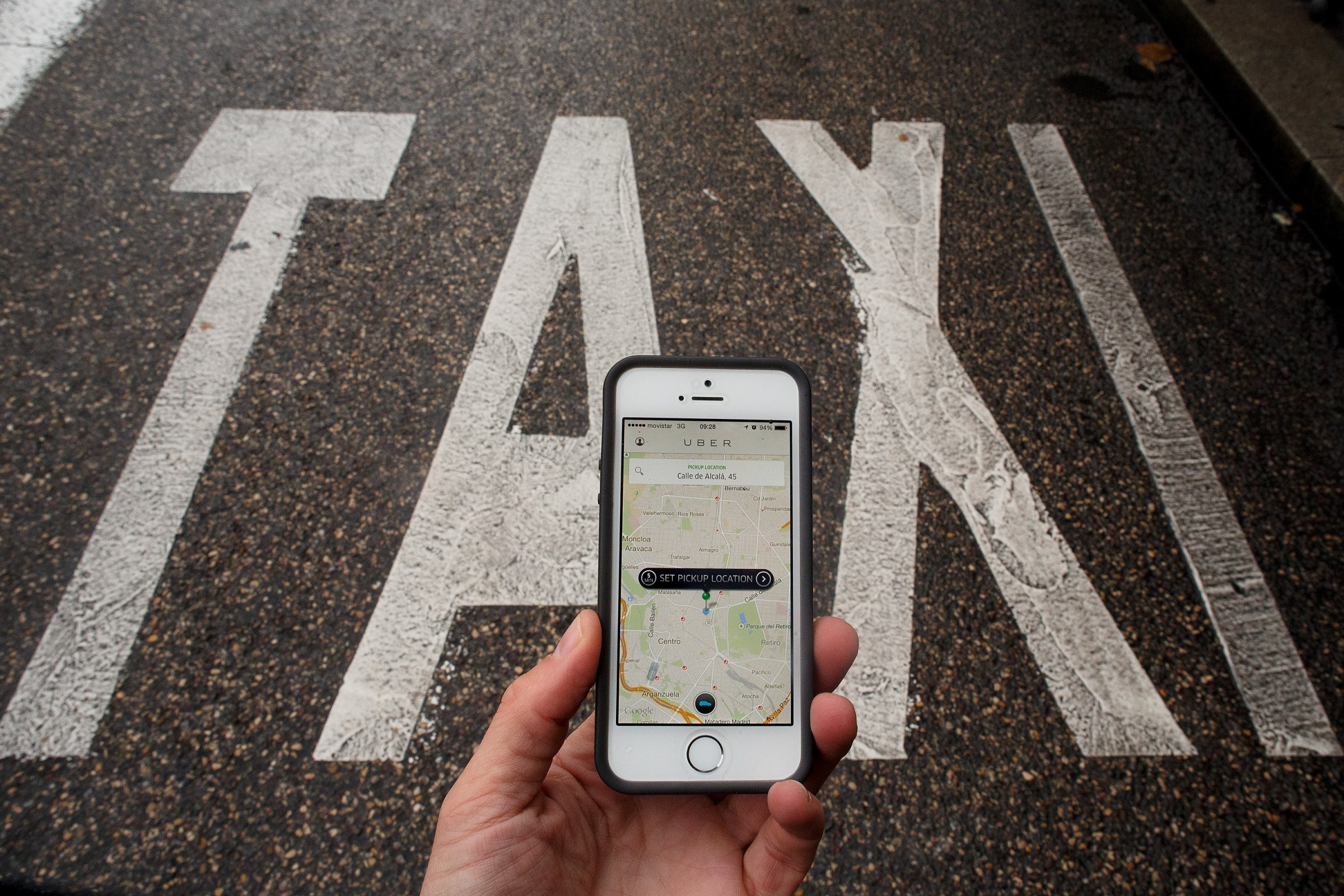
When Uber CEO Travis Kalanick categorized the rideshare company’s recent privacy controversy as “growing pains” last week, the term seemed to be a fitting description. Uber has moved with lightning speed in five years, going from a small startup to a company investors have valued at $40 billion — and any company with that kind of meteoric growth is bound to make missteps.
But Uber’s latest debacle — accusations that a driver in India raped a female passenger — is far too serious to brush aside simply as “growing pains.” Still, Kalanick’s response to the alleged assault, as apologetic and deadly serious as it begins, soon drifts into the “growing pains” argument.
“We will work with the government to establish clear background checks currently absent,” he wrote. That’s an admission that Uber, hungry to tap a new and potentially lucrative market, overlooked India’s low bar for driver checks.
See Uber Protests From Around the World




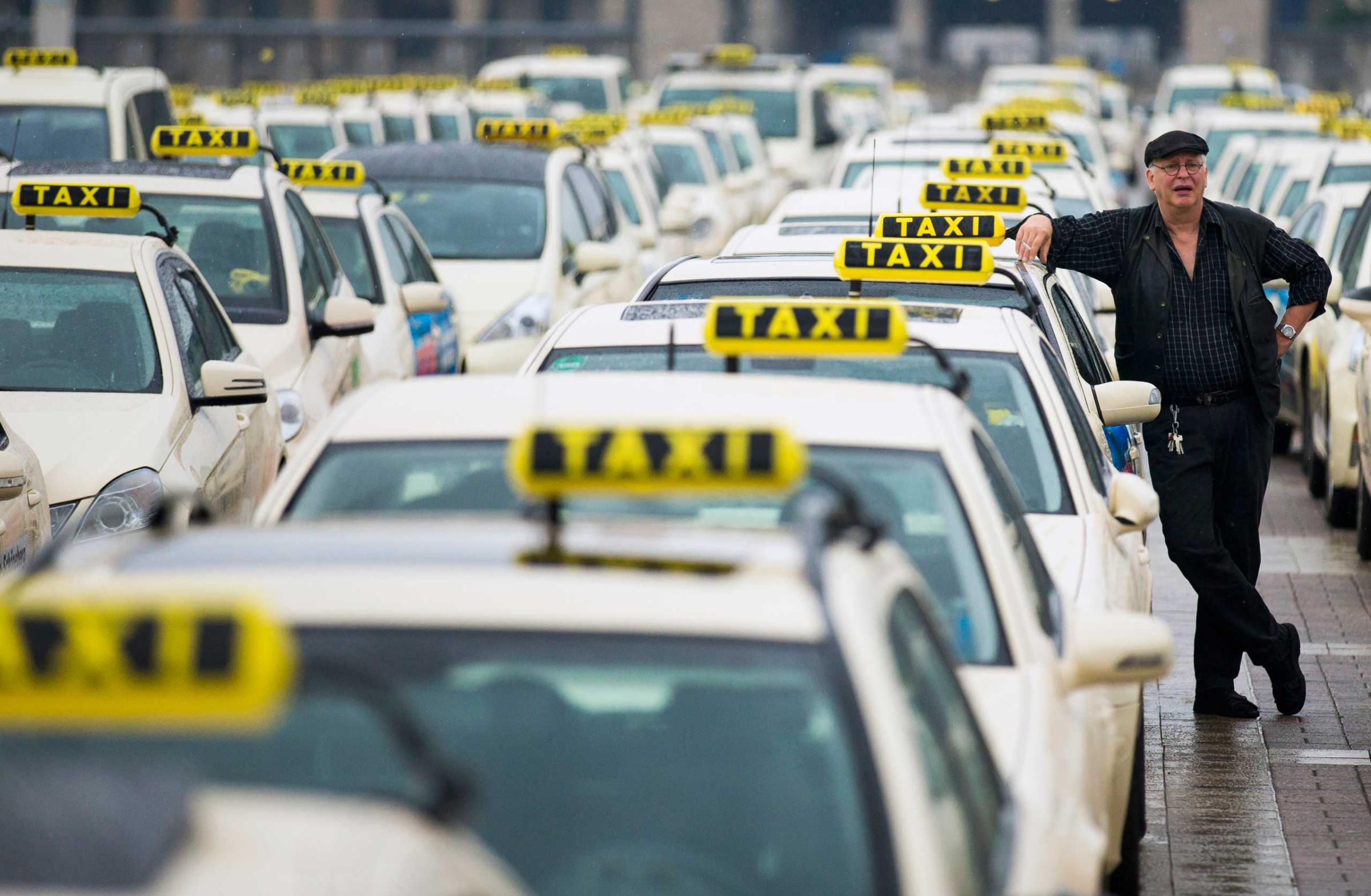
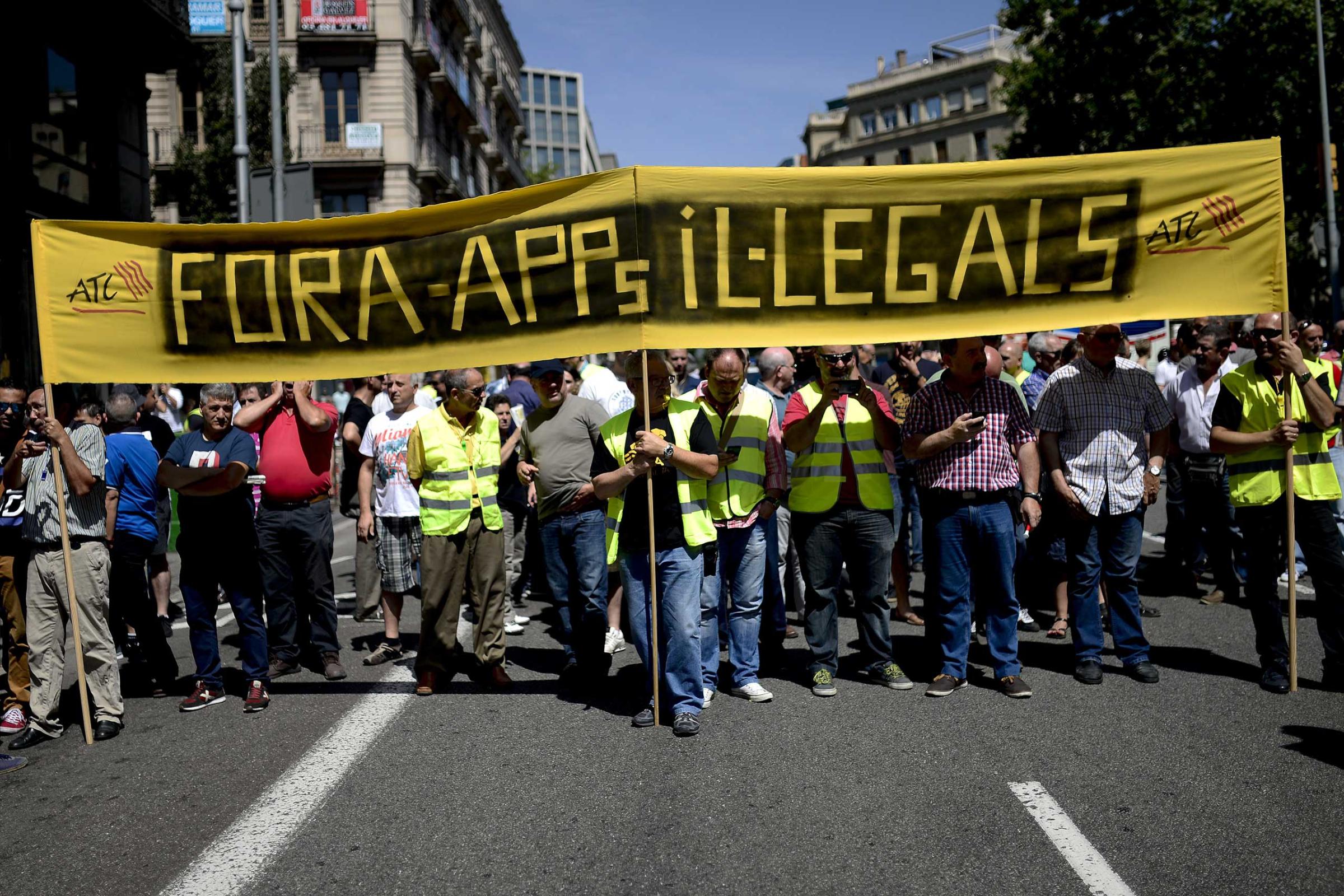
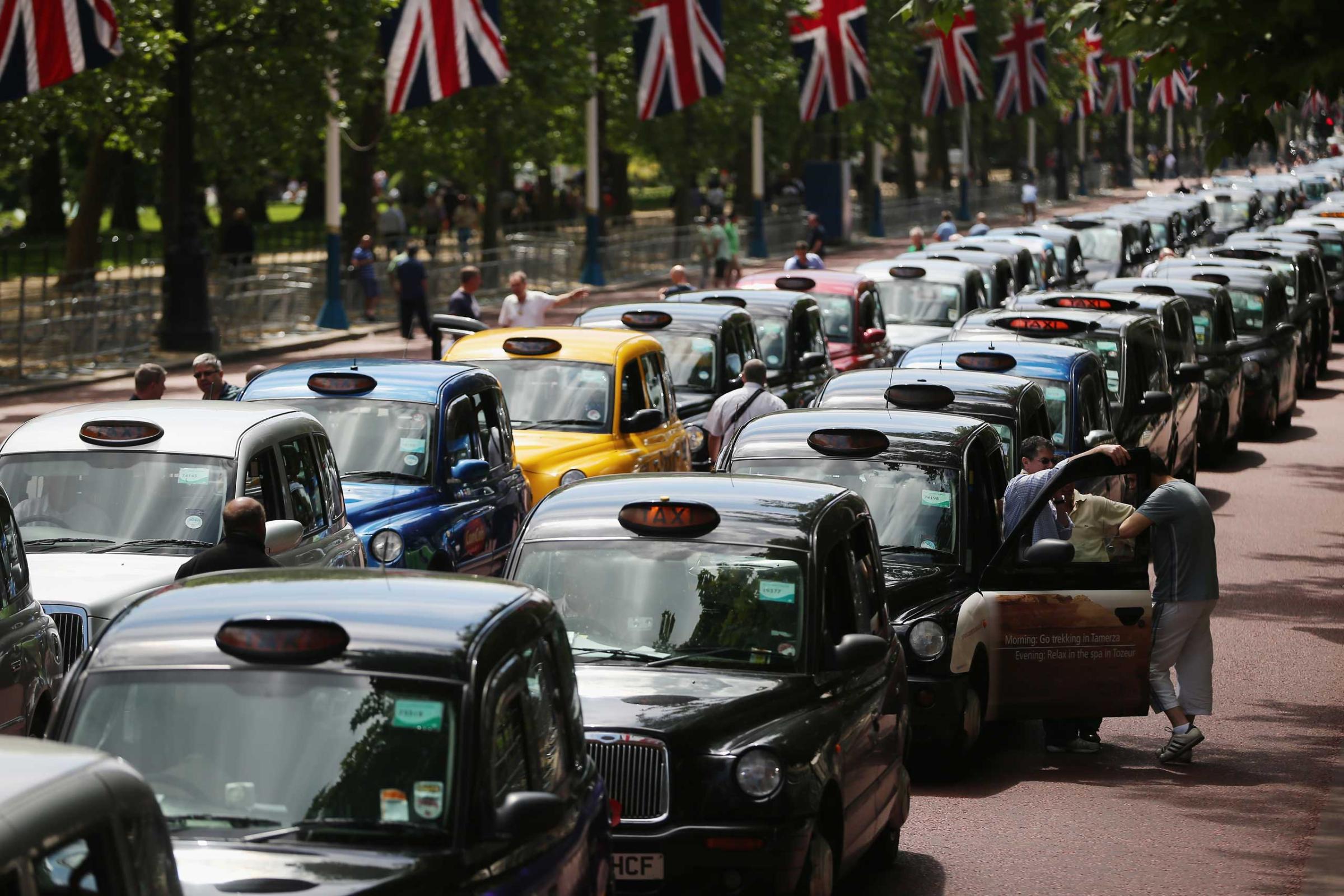
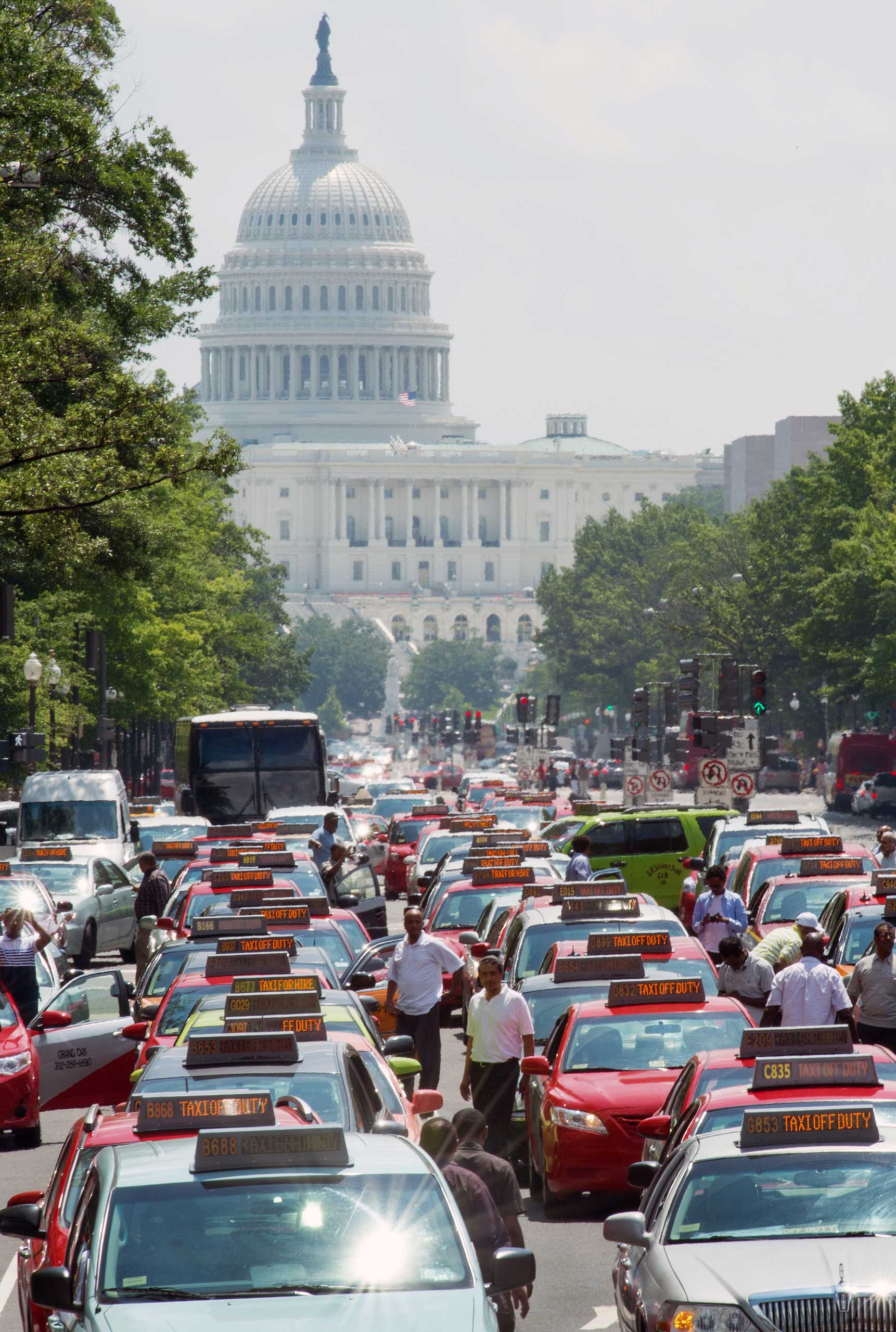
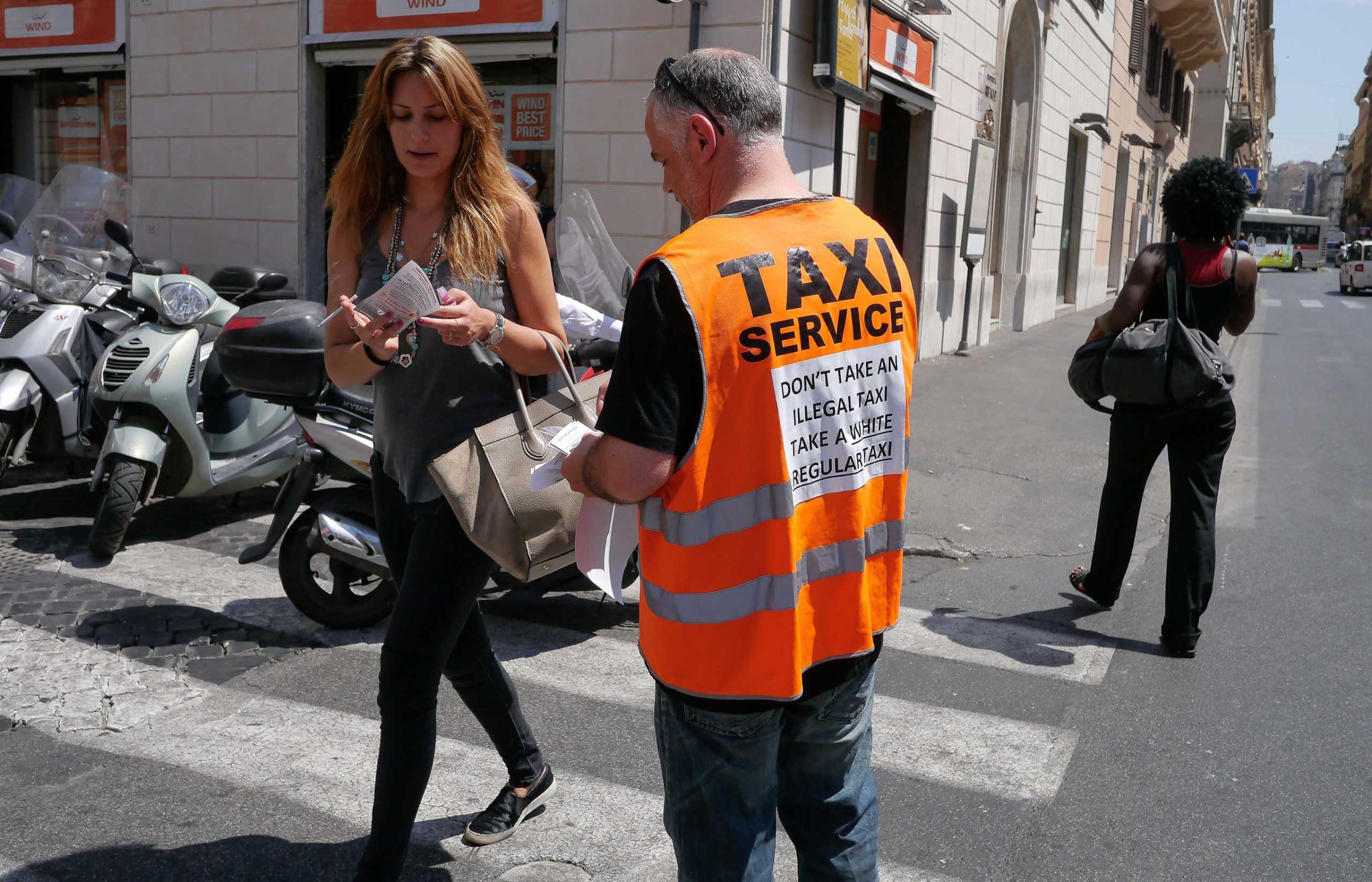

If Uber had properly done its homework before barging into India, it would know that Indian transportation systems have long been dangerous places for women. As Facebook’s Sriram Kirshnan argued in a Medium post this week, India’s preexisting sexual violence problems — which spurred global outrage after a 2012 fatal bus gang rape — require not only tighter driver laws, but also an unspooling of history, culture and politics.
Those are problems that can’t be “outgrown” as simply as Uber can learn to avoid playing fast-and-loose with users’ privacy. But they’re also problems that should have slowed Uber from moving into India unless it was better prepared to keep its passengers safe.
Transportation violence isn’t solely an Indian problem by any means. Uber has had its passenger safety practices come under fire here in the states several times: when a Washington, D.C. driver allegedly raped a female passenger last year, for example, and when a San Francisco Uber passenger accused his driver of attacking him with a hammer in September. Those and other episodes have been enough to prompt lawsuits against the company regarding its background check process.
But while the American taxi industry employs strict background checks, it doesn’t have a perfect safety record either. In the last few months, cabbies have gotten slapped with multi-decade sentences, not to mention horror stories from victimized passengers. The background check lawsuits facing Uber, then — while beneficial for improving safety — reinforce a misleading notion: that if Uber just gets on par with the taxi industry’s safety standards, somehow nothing bad will ever happen on an Uber ride.
From the start, Uber had set out to define itself against the taxi industry’s historical image — overpriced fares, beaten cars, a unionized immigrant workforce — and to re-imagine the sector as offering cheap rides, hip vehicles and attractive side jobs for recession-hit Americans. That contrast led some to believe Uber has operated on a different playing field, unregulated by law. But as safety concerns —and lawsuits — have emerged, Uber now faces a choice: On one hand, it can simply meet pre-existing taxi regulations, skirting by with minimum effort. On the other, it can go one better and do to taxi safety what it’s done to taxi convenience, making rides simpler and safer.
Read next: How Uber Breaks the Rules (And Why You Should Care)
More Must-Reads From TIME
- The 100 Most Influential People of 2024
- Coco Gauff Is Playing for Herself Now
- Scenes From Pro-Palestinian Encampments Across U.S. Universities
- 6 Compliments That Land Every Time
- If You're Dating Right Now , You're Brave: Column
- The AI That Could Heal a Divided Internet
- Fallout Is a Brilliant Model for the Future of Video Game Adaptations
- Want Weekly Recs on What to Watch, Read, and More? Sign Up for Worth Your Time
Contact us at letters@time.com